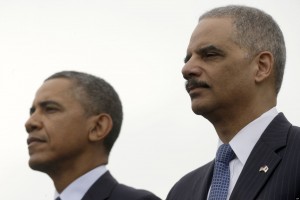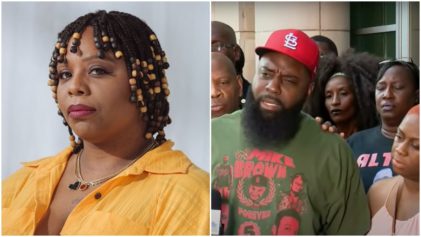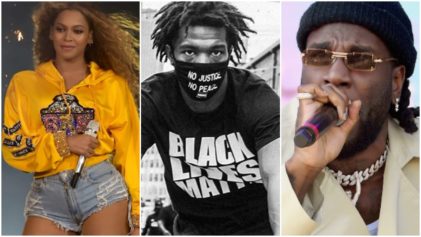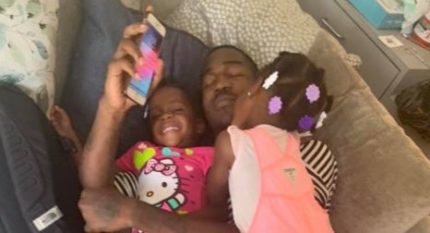U.S. Attorney General Eric Holder announced that the Justice Department will be launching a new plan specifically designed to target racial profiling and that the details of that plan will be revealed to the public soon.
Holder delivered a speech at Ebenezer Baptist Church in Atlanta, the same church where Rev. Martin Luther King Jr. was a pastor, and assured the public that the government is keeping its eye on the events that have unraveled since chaos swept over the city of Ferguson, Missouri.
Ferguson is the city where a white police officer, Darren Wilson, fatally shot unarmed Black teen Michael Brown.
The teen’s death sparked a national movement that soon evolved into a global call for justice and now Holder wants the nation to know that the U.S. government has heard those calls.
“In the coming days, I will announce updated Justice Department guidance regarding profiling by federal law enforcement,” Holder said during the speech. “This will institute rigorous new standards – and robust safeguards – to help end racial profiling, once and for all. This new guidance will codify our commitment to the very highest standards of fair and effective policing.”
During the speech, Holder was reminded of just how deeply impacted the community has been following the grand jury’s decision not to indict officer Wilson in Brown’s death.
A group of about a dozen protesters interrupted the speech by chanting “No justice, no peace,” while holding signs that voiced their support for Brown and their desire to see Black lives valued by America’s justice system.
Holder did allow the protesters to continue on with the chants for a few minutes before security finally had them leave the premises, but the Attorney General made it clear that he wasn’t bothered by the demonstration.

He went on to say that type of involvement in the community is what it will take to really see a change throughout America and put an end to racial discrimination.
Of course, it will take more than just the community calling for change.
Political reform will be just as key and President Obama has made a small step towards getting more involved with addressing the problems that have been highlighted since Brown’s death.
The president requested that Holder conduct regional meetings that would address the need for trust between police officers and the communities they are meant to serve and protect.
The meeting in Atlanta was the first of this kind of meeting.
Meanwhile, the president has also promised to take a closer look at the militarization of police and has asked Congress for $75 million to fund body cameras for police—though he has urged the public to respect the grand jury’s decision not to indict officer Wilson.


